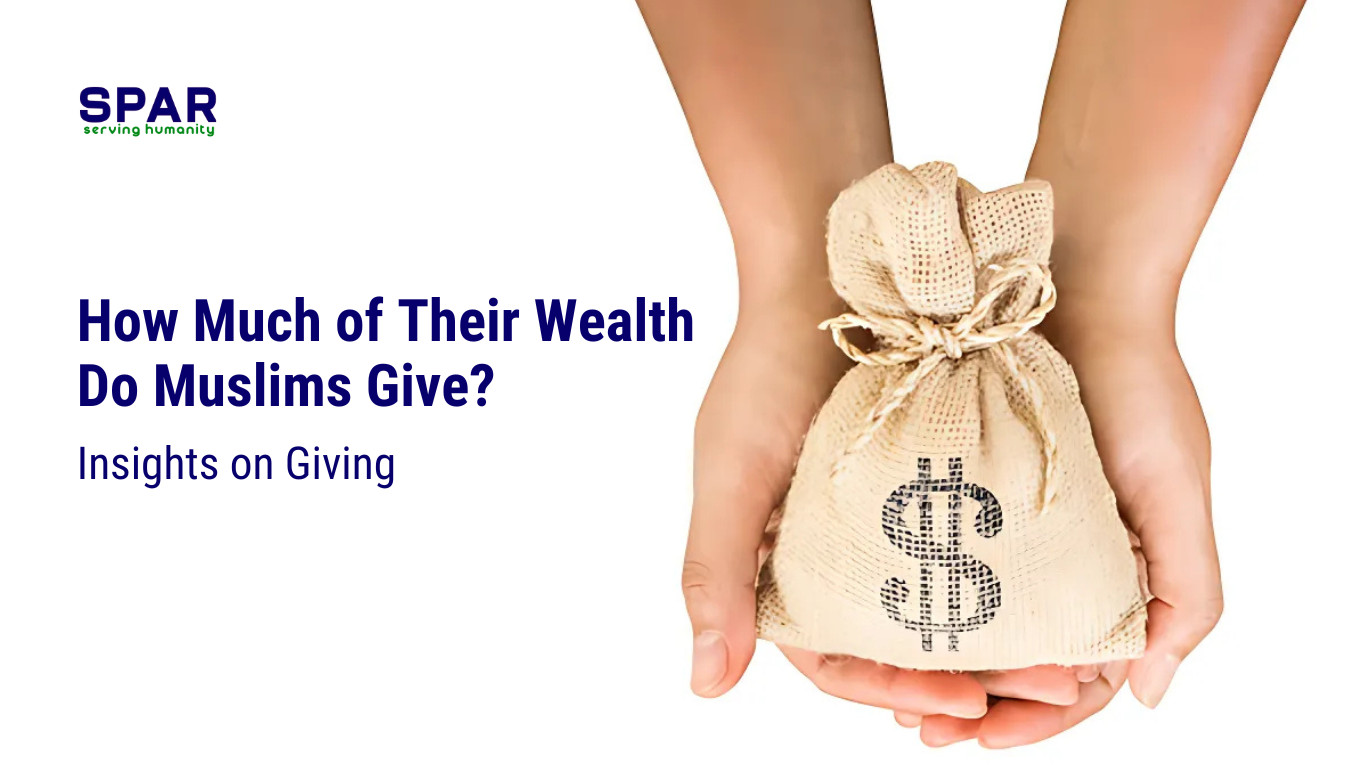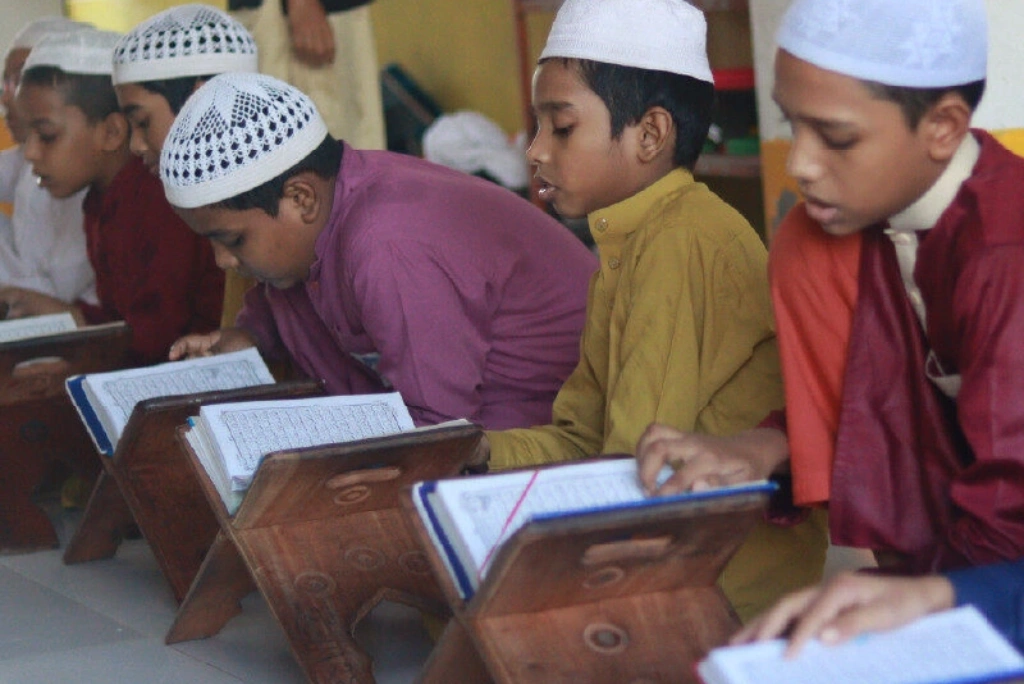How Much of Their Wealth Do Muslims Give?
Understanding Charitable Giving in Islam
Charity in Islam is an important duty and an act intrinsically enshrined within the religion of Islam. Giving it helps Muslims distribute their surplus wealth among the needy, thus purifying their earnings and revenues. But How much of their wealth to Muslims give? Two of the main practices involved will explain the question: Zakat, which is the obligatory one, and Sadaqah, the free-will offerings. These reflect their commitment to fairness and service for the common good.
1. The Concept of Giving in Islam
Islam teaches that sharing one’s wealth spreads a safety net, protecting the poor from suffering. It is not only about money; it is a way of worship, closer to Allah. Muslims give for blessings and to fulfil their religious obligation.
2. Kinds of Charity in Islam
Muslims give to others in different ways. The main types are:
- Zakat: Obligatory charity.
- Sadaqah: A voluntary act of giving.
3. What Is Zakat?
Zakat is one of the Five Pillars of Islam. It is an obligatory act of giving for Muslims who are capable of doing so. The purpose of it is to share wealth, support the less fortunate, and purify the earnings of the giver.
4. How Much Is Given as Zakat?
Muslims give 2.5% of their wealth as Zakat every year. This applies to savings and assets held for at least one lunar year and above a certain minimum amount, called nisab.
| Wealth Type | Zakat Rate | Minimum Period |
|---|---|---|
| Cash/Savings | 2.5% | 1 Lunar Year |
| Gold/Silver | 2.5% | 1 Lunar Year |
| Business Inventory | 2.5% | 1 Lunar Year |
5. What Is Nisab?
Nisab is the minimum amount of wealth a Muslim has that justifies paying Zakat. Its value is derived based on gold or silver. Recent estimates are:
- Gold: 85 grams of gold.
- Silver: 595 grams of silver.
6. What Is Sadaqah?
Sadaqah is a voluntary charity. Unlike Zakat, there are no fixed rules for giving. It can be any amount and can take any form, such as donating money, feeding the hungry, or helping someone. Muslims are encouraged to give Sadaqah often.

7. Who Can Receive Zakat?
The Qur’an identifies eight groups of Zakat recipients:
- The poor.
- The needy.
- Zakat collectors.
- New Muslims needing support.
- Captives or slaves.
- People in debt.
- Those striving for Allah’s cause.
- Travellers in need.
8. How Zakat Benefits Society
Zakat reduces the number of poor and promotes social justice. It rebalances the distribution of wealth and uplifts the needy for the greater good of society. It instills in people a feeling of being interrelated and establishes justice.
9. The Spirit of Giving
Giving in Islam goes beyond the minimum duty. Most Muslims exceed the Zakah obligation by contributing to Sadaqah, endowments, or directly to charitable organisations. These acts reveal their intention for a better world.
10. Giving Through Technology
Modern tools are making it easy to give these days. Among the Muslims, Zakat calculators, crowdfunding websites, and charity platforms are now utilised. The tools will calculate, pay for, and even distribute your donation efficiently.
Conclusion
Muslims give from their wealth to worship and serve the community. Zakat and Sadaqah are important means for alleviating poverty, promoting equality, and engendering brotherhood. In this regard, Muslims fulfil spiritual and social duties by paying 2.5% of their wealth in Zakat and giving more as Sadaqah on a voluntary basis. This practice will not only save an individual but also the entire society.
How much Zakat is a Muslim obliged to pay?
One pays 2.5% of the liable wealth as Zakat every year in Islam.
What is the difference between Zakat and Sadaqah?
Zakat is obligatory charity, while the rules for Sadaqah are flexible; it is an act of giving charity voluntarily.
Who deserves Zakat?
Zakat can be given to the poor, the needy, and six other categories specified in the Qur’an.
How is nisab determined?
Nisab is computed in terms of the value of 85 grams of gold or 595 grams of silver.
Does Zakat apply to non-Muslims?
Generally, Zakat applies to Muslims; however, some scholars do permit giving Zakat to non-Muslims in certain particular cases.
Is Sadaqah only about money?
No, Sadaqah may include acts of helping others, feeding the hungry, or showing kindness.
How can online tools facilitate Zakat?
They save considerable work on calculations and make payments easier for this obligation.




 Secure
donation
Secure
donation